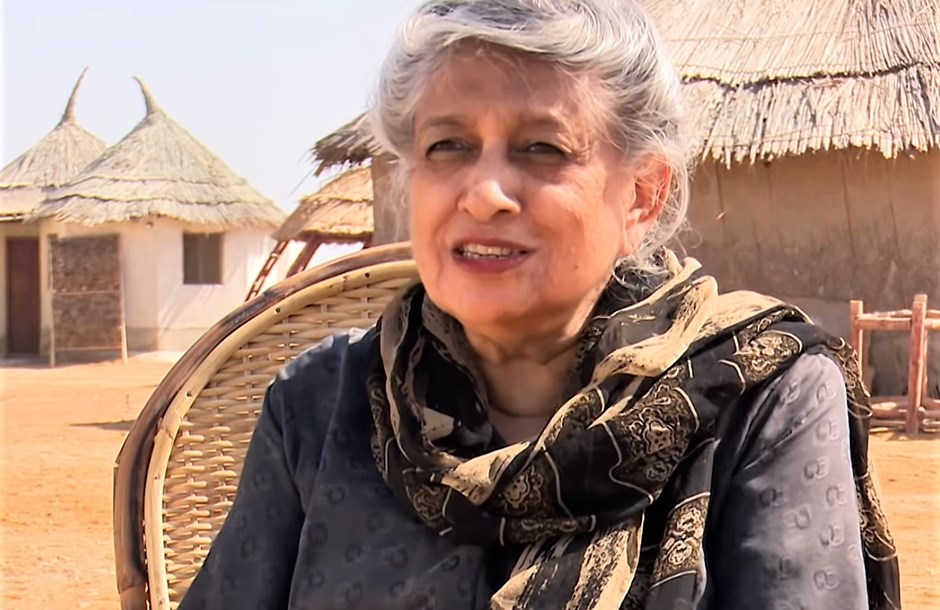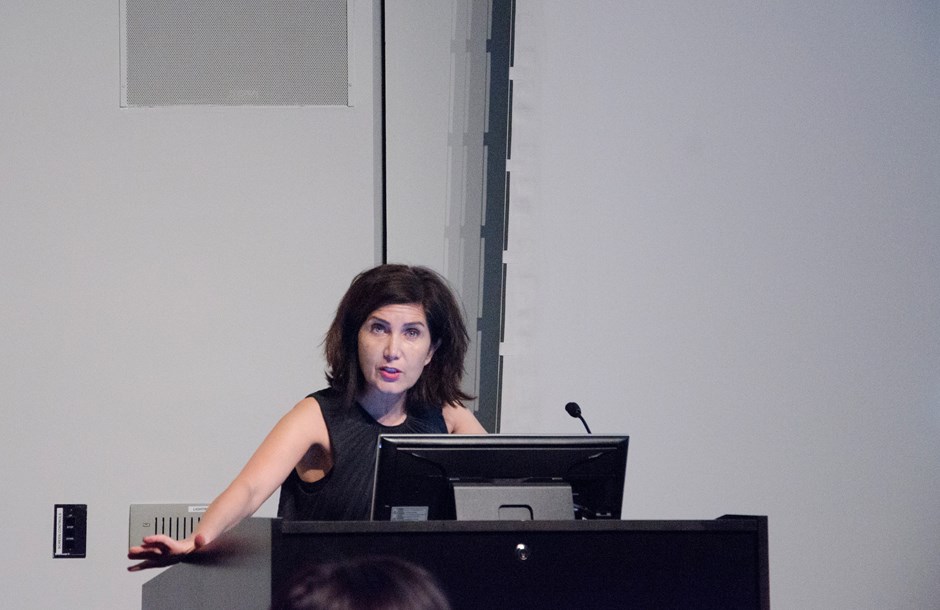Building the Future: Ethnically Diverse Women in Construction History

The construction industry is more diverse and inclusive than it has ever been before, but that is in no small measure due to the efforts of women from black, Asian, and ethnic minority backgrounds.
These are some of the women in construction who have pioneered change.
Yasmeen Lari
As Pakistan’s first female architect, Yasmeen Lari knows all about discrimination and gender inequality. When she was first working on construction sites in Pakistan in the 1960s, male workers challenged her authority because she was a woman. However, she overcame this and became highly respected in her field, designing major housing projects, hotels and commercial buildings in the sub-continent.
After retiring in 2000 Lari founded a humanitarian architectural group, Heritage Foundation of Pakistan, which builds low-cost sustainable housing to help victims of natural disasters. Lari’s foundation has assisted in the aftermath of floods in Pakistan in 2013 and 2023, rehousing thousands of people in a short space of time.
Elsie Owusu
Born in Ghana, Elsie Owusu is one of Britain’s best known and most successful black architects. She is a founding member and was first chair of the Society of Black Architects, runs her own practice Elsie Owusu Architects, and has been a council member of the Royal Institute of British Architects (RIBA) since 2014.
Among her most acclaimed projects are the redesigned entrance for Green Park tube station, the complete refurbishment of the UK Supreme Court and the ‘Low energy house’ at Aden Grove, London, in which Owusu collaborated with the artist Sir Peter Blake.
She is committed to the cause of improving diversity in architecture, and in 2017 launched the RIBA +25 initiative, in partnership with the Stephen Lawrence Charitable Trust. Stephen Lawrence, who was murdered in 1993, wanted to become an architect. The +25 campaign saw the number of non-white members of the RIBA governing council increase from 1 (Owusu herself) to 12.
Zaha Hadid (1950 - 2016)
Zaha Hadid (1950-2016) was a trailblazer for women in architecture. The British Iraqi-born architect twice won architecture’s top award, the Stirling Prize, and is the only woman to have received the Royal Gold Medal, and the first woman to receive the Pritzker Architectural Prize. Her distinctive use of painting as a design tool and unique approach to architectural geometry earned her the soubriquet ‘the Queen of Curves’, and her most famous buildings are great examples of this style, such as the London Aquatics Centre, built for the 2012 Olympics. She also designed the Guangzhou Opera House and Rome’s MAXXI Museum.
She passed away while some of her projects were still under construction, such as the Daxing International Airport in Beijing.
Farshid Moussavi

The Iranian-born British architect Farshid Moussavi has become one of the most influential people in modern architecture. She is the founder of Farshid Moussavi Architecture and has designed buildings as different as Victoria Beckham’s flagship London store and the Museum of Contemporary Art in Cleveland, US. Her CV includes high-profile retail, cultural and residential buildings.
Moussavi has also taught and written widely on architecture, focusing principally on its aesthetics. She is a Professor in Practice of Architecture at Harvard University Graduate School of Design and has held numerous visiting professorships and academic roles. She is a member of the Royal Academy and was awarded an OBE for services to architecture in 2018.
Lesley Lokko
Lesley Lokko is a woman of many talents. Born to Ghanaian and Scottish parents, she retains close links with both countries. A professor of architecture, Lokko founded the Graduate School of Architecture at the University of Johannesburg and lectures around the world. She has taught at the University of Michigan, Kingston University and the University of Westminster. In 2021 she became the first-ever black curator of the Venice Biennale of Architecture and was awarded an OBE for services to architecture and education in 2023.
Alongside her academic career, she is a novelist, with 10 successful ‘glam lit’ novels to her name. Rather like one of her fictional heroines, she is a high flyer, but someone who has never forgotten where she came from. In 2021, in Accra, Ghana, she established the African Futures Institute, a postgraduate school of architecture and public events platform.
Trudy Morgan
Women in engineering do not come more pioneering than Trudy Morgan. Born in Liverpool in 1966, when she was young Morgan’s parents moved back to their homeland of Sierra Leone where she received her education in civil engineering. Morgan is the first African woman to be awarded a Fellowship of the Institution of Civil Engineers (FICE), and was the first female President of the Sierra Leone Institute of Engineers.
She is an Associate Director of the global civil engineering company Turner & Townsend, where she has worked on a wide range of projects in the construction, health and transportation sectors. Morgan is actively involved in several organisations in Sierra Leone. She co-founded the non-profit Sierra Leone Women Engineers, to support women in engineering, and is also a Trustee for the charity Engineers for Change Sierra Leone.
What is the impact of their work on construction today?
Through their careers as architects and engineers, these women have helped to break down barriers, alter opinions and be advocates for change. They have proven that it is possible to be a woman – a non-white woman – to achieve great success and inspire other women to do the same. Every ethnically diverse girl or young woman who wants to develop a career in construction knows that they can do so and only be measured or judged by their talents, not by their gender or the colour of their skin.
Share your stories about ethnic diversity in construction today
If you want to share your experience of being a woman in construction, architecture or engineering, get in touch with Go Construct
